


above right: Volunteers distribute sleeping bags during the winter of 2004 in Baltimore.
below right: Baltimore shelters were forced to turn away 15,000 people in 2003. In response Project Locus initiated the Sleeping Bag project, which helped keep people warm and called attention to the inadequacy of the city’s shelter system. All photographs Colby Ware
| Location | Baltimore, Maryland, USA |
| Date | 2003–4 |
| End Client | Homeless population in Baltimore |
| Design Center | Project Locus |
| Project Organizers | Patrick Rhodes, Michael Rank |
| Major Funding | Wal-Mart Foundation, individual donors |
| Cost | $25,000 |
| Website | www.projectlocus.org |
Sometimes an architect can make a difference in a community without building.
For Patrick Rhodes, who founded Project Locus, a nonprofit dedicated to bringing design to underserved neighborhoods, a simple act of kindness would become the catalyst for providing temporary shelter for hundreds of homeless throughout Baltimore.
In 2003 Rhodes, a recent graduate from Southern California Institute of Architecture, was leaving a movie theater with his girlfriend, Melissa Coleman, a couple of days before Christmas when they stopped to hand some spare change to a homeless man. It happened to be the winter’s first cold spell, and Rhodes realized he had a sleeping bag in his car. The man was more than just pleasantly surprised when Rhodes returned a couple of minutes later and handed him the bag. His gratitude inspired Rhodes to organize a sleeping-bag drive throughout Baltimore.
Rhodes began by researching Baltimore city health department statistics and found that more than 70 people had died of hypothermia in the past decade. Feeling that something needed to be done, he and Coleman canvassed businesses for donations but raised only $15.
Undeterred, Rhodes produced a flyer and handed it out at his weekly soccer game. As chance would have it, one of the players worked in the art department of the Baltimore Sun. He passed the story idea on to a features editor, and the following week an article about the project appeared in the newspaper. The response was overwhelming: In less than six weeks, the pair raised $25,000. The Wal-Mart Foundation donated 400 sleeping bags, and several organizations offered volunteer support. All told, more than 800 sleeping bags were distributed. That winter the city recorded only one death from hypothermia—and it occurred two weeks before the sleeping-bag campaign began. Interest in the project and the publicity it generated threw a spotlight on Baltimore’s shortage of accommodations for the homeless, eventually prompting the city to add more permanent beds to its emergency shelters.

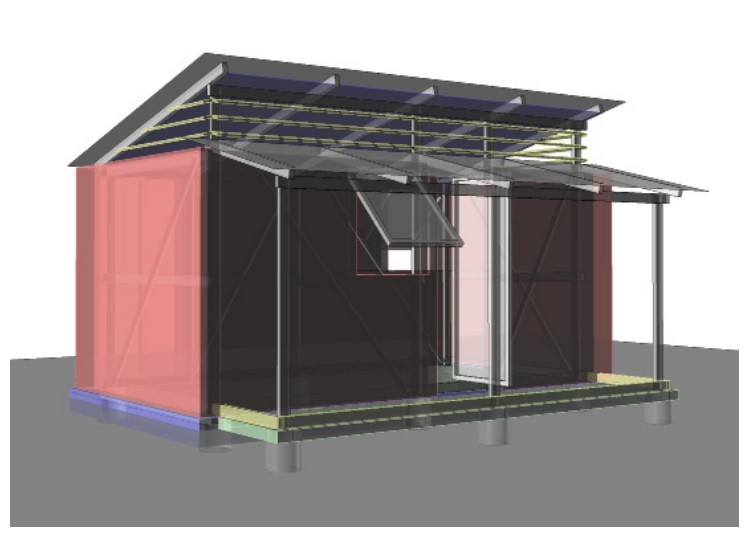
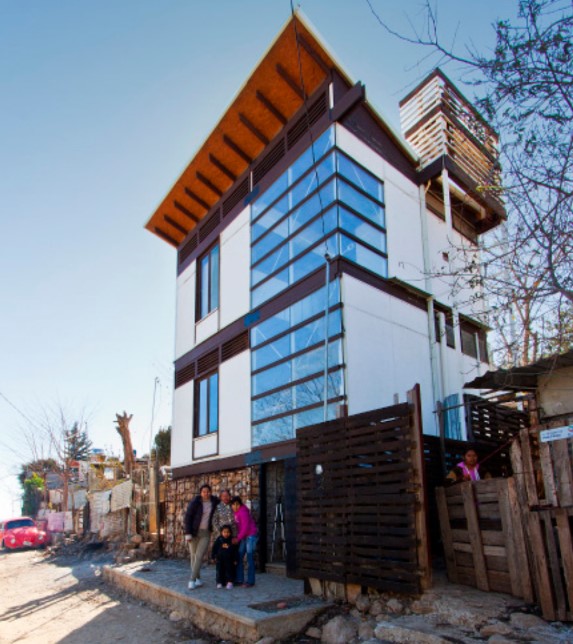
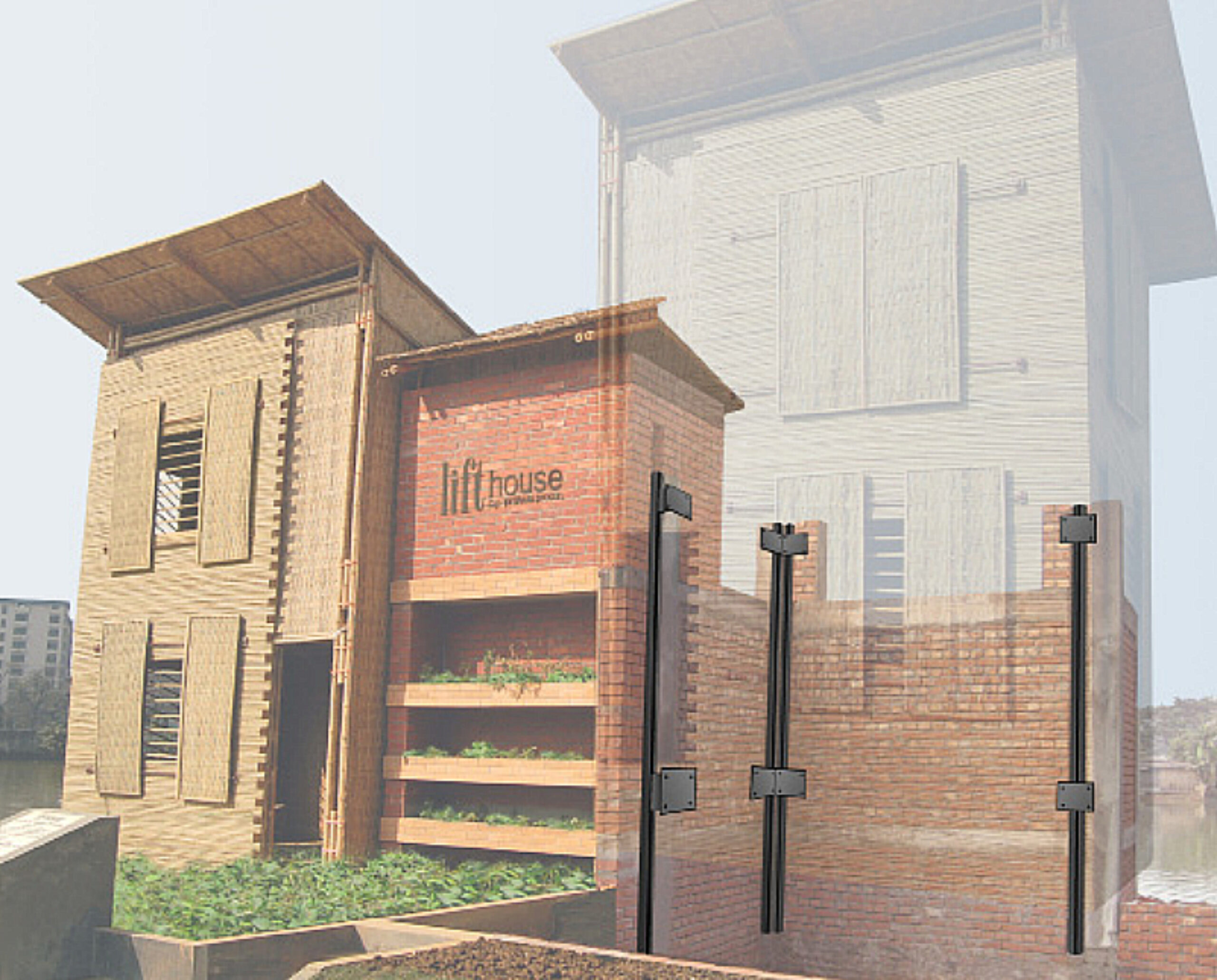

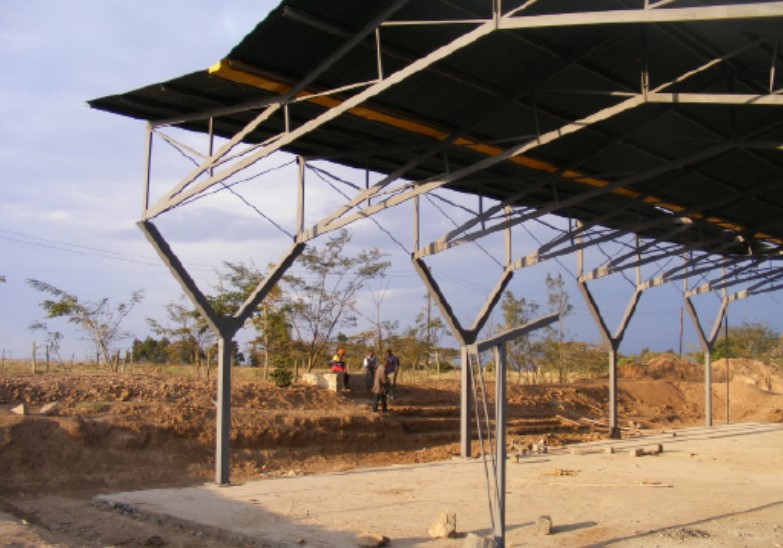
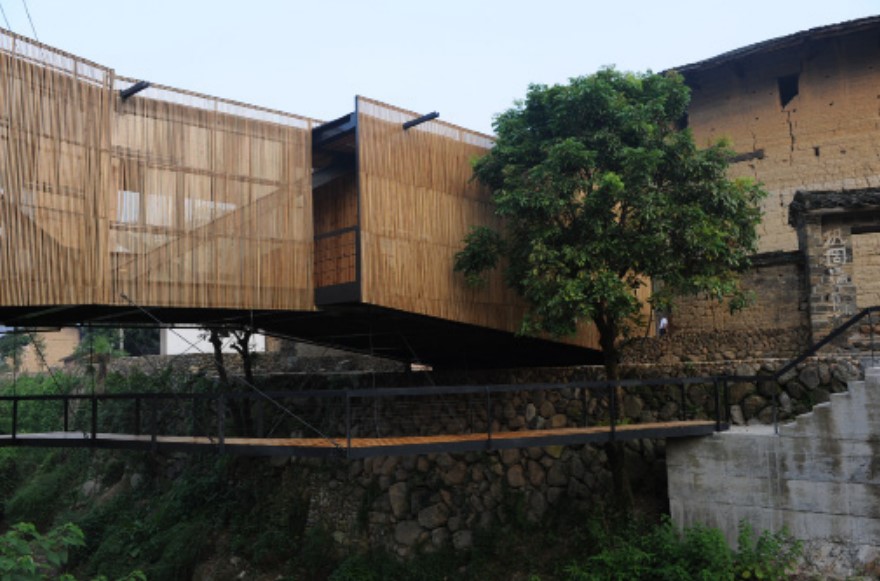
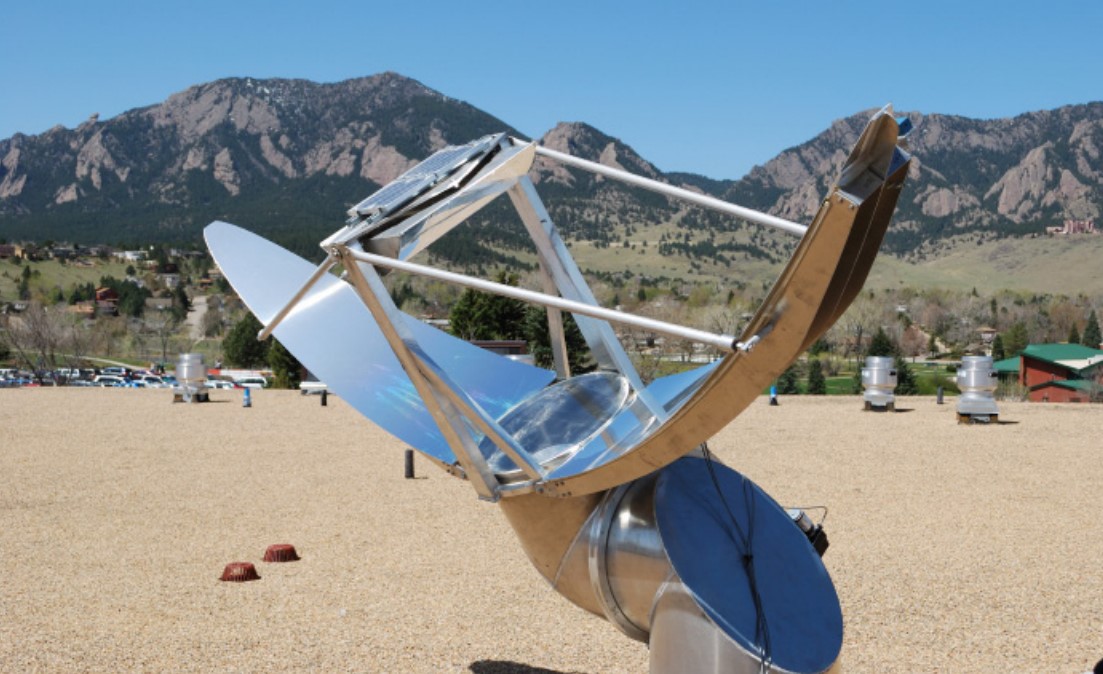
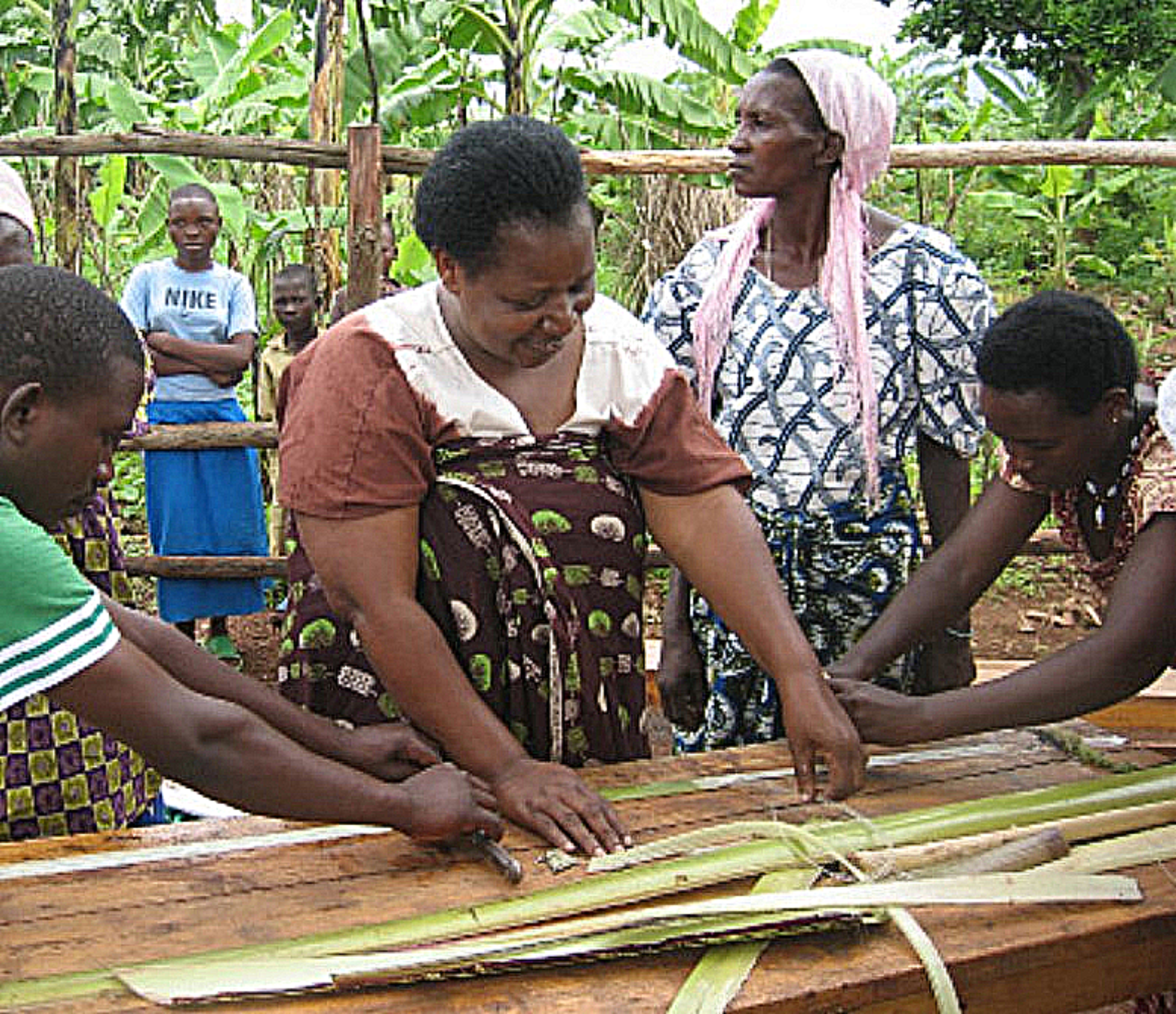
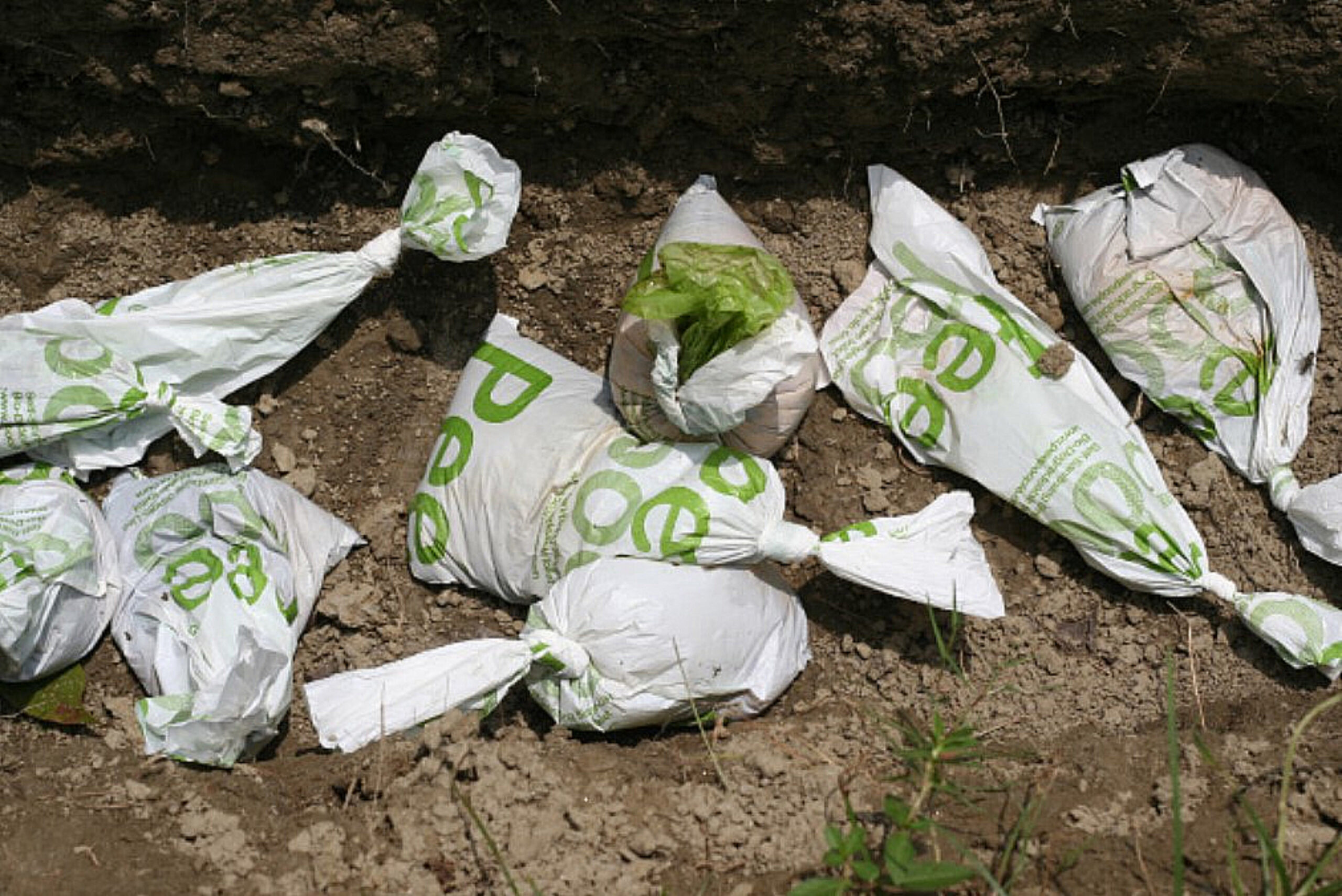

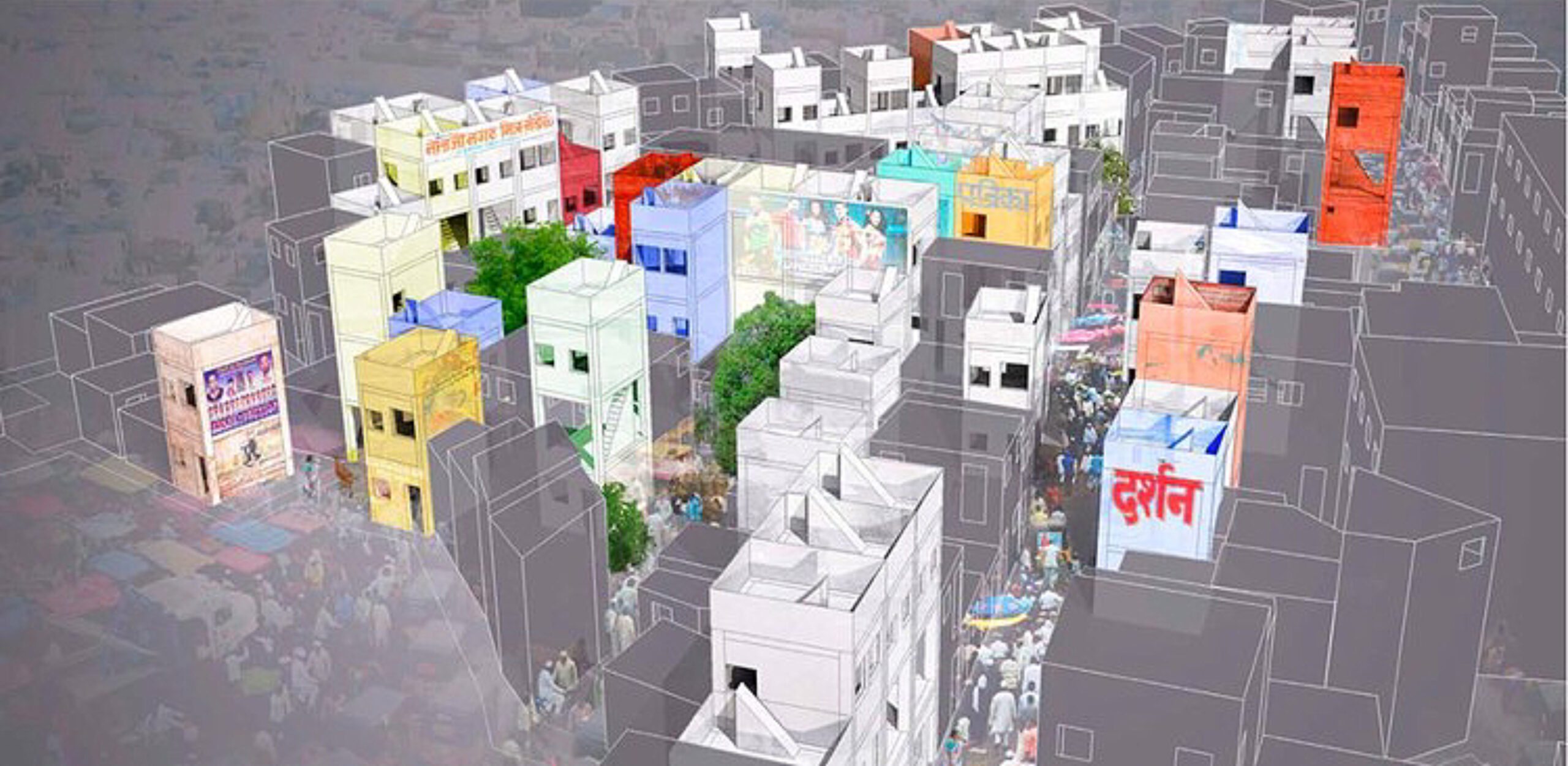

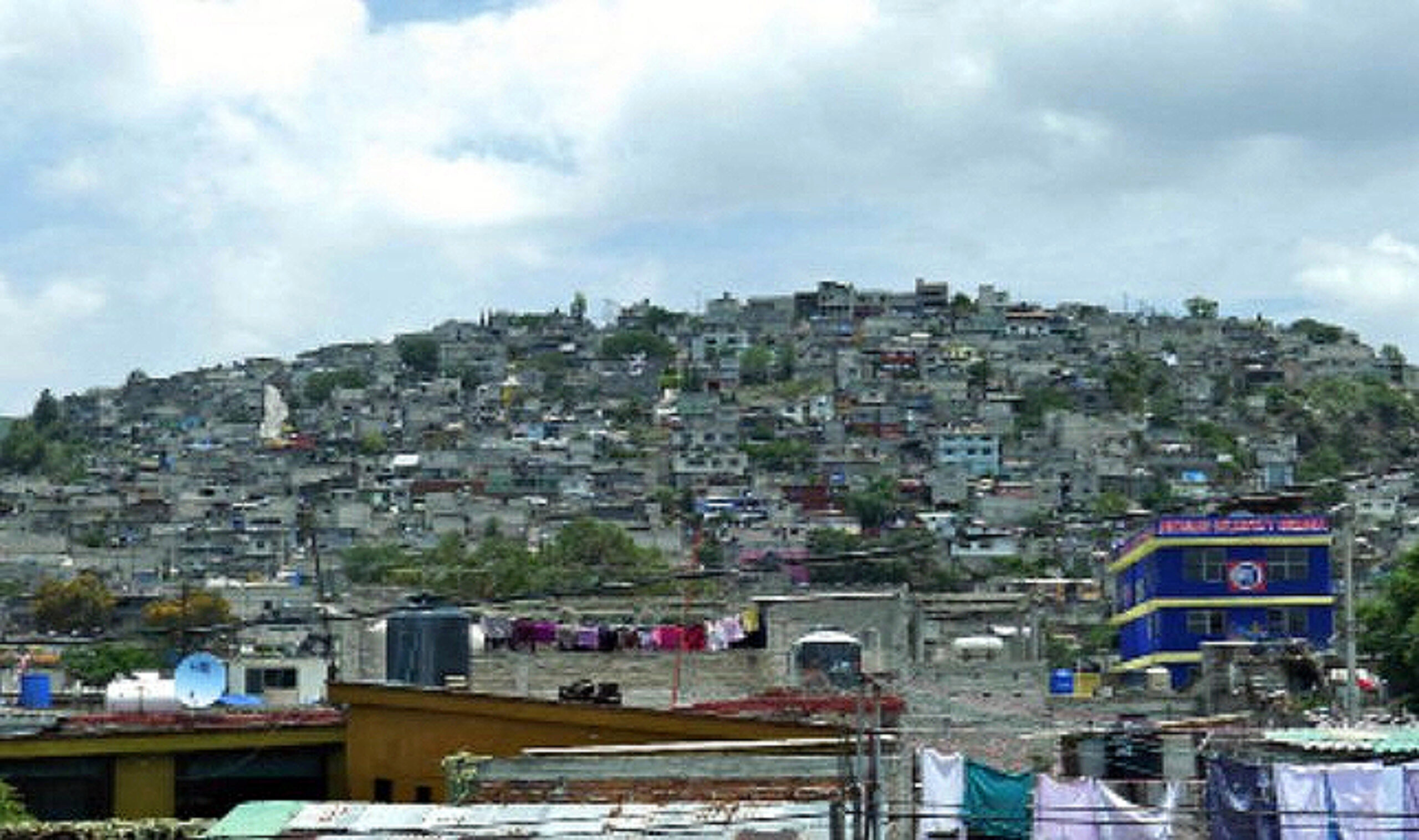


READ OR LEAVE A COMMENT